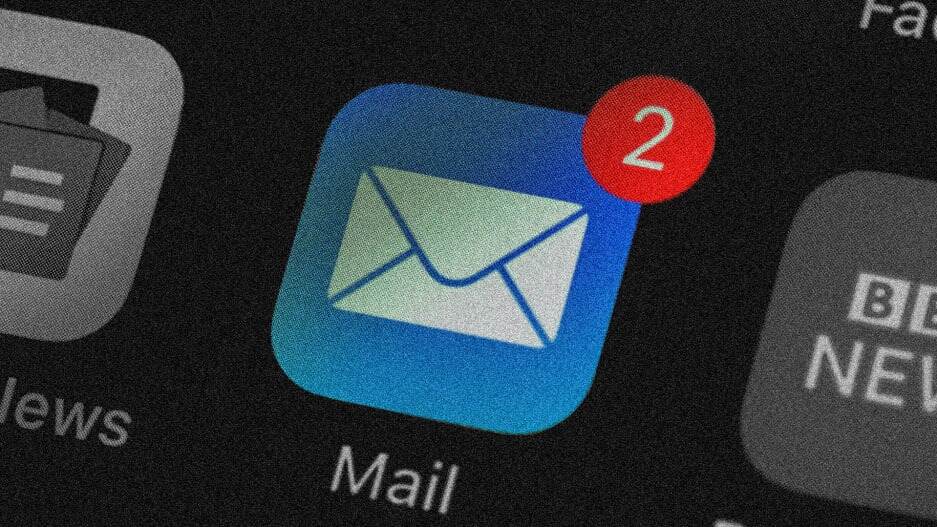- | 9:00 am
You should probably stop checking your email so much
Studies have found that being tethered to your email can make you feel emotionally drained, frustrated, and stressed. So why can’t we resist?

If you’re feeling stressed out, you might want to look at how much time you spend in your inbox. Studies have found that being tethered to your email can make you feel emotionally drained, frustrated, and stressed. Unfortunately, hybrid and remote work arrangements have likely exasperated the problem by increasing the number of emails you receive, due to lack of face-to-face conversations.
While you likely can’t control the volume of emails you receive, you do have the ability to control your behavior, says Kostadin Kushlev, assistant professor of psychology at Georgetown University.
“In psychological research, we sometimes say research is ‘me-search,’ meaning that we’re often exploring things that are relevant to our own behavior,” says Kushlev. “I noticed that I was spending a lot of time on email and not always being very productive. Writing requires a lot of focus, and I was distracted by my email, and that made me less productive.”
So Kushlev conducted an experiment with two groups of people: one that checked their email throughout the day and another that checked it three to five times a day. After a week, the groups switched. The group that had limited access could now check their email at any time. The group that had no constraints was now told to check email three to five times per day.
By switching the groups, Kushlev was able to investigate how people feel while limiting (or not limiting) their email checking. The difference wasn’t about the personality; it was about the particular manipulation.
At the end of the week, the participants rated their stress levels. The people who handled their email in batches, checking three to five times a day, reported significantly lower daily stress than they did during their unlimited email use week. Participants who could access their email at will averaged 15 checks a day.
In addition to feeling less distracted by their email throughout the day, instilling limits resulted in a diverse range of well-being outcomes. “When people are less stressed, they feel more socially connected,” says Kushlev. “They also perceived that they were productive. Frequent checking of email is one of the most common sources of task switching for the modern information worker.”
STRIVING FOR BALANCE
The reason many people struggle with email is often due to notifications, which can interrupt focused work. “In some ways, notifications give us small boosts of dopamine,” says Kushlev. “They indicate something new or something interesting. It’s tempting to see what that new thing is. If you’re trying to focus on a task, ignoring the notification is an effortful thing.”
The group that had limited access was advised to close their email client and turn off notifications so they wouldn’t be distracted as emails came in. This step is important for being able to reduce your email checks.
Kushlev says there is no magical number of times to check your email—three to five is an arbitrary amount. The better goal is to create a limit and find the optimal number of times that allows you to balance focused work and keep up with communications. Some roles need to be more connected and responsive than others, and harsh limits might cause stress. In that case, Kushlev recommends checking once an hour.
“The key is to take control of your email,” he says. “Be more intentional. You decide when you check your email—don’t let the incoming email tell you when to do it.”







































